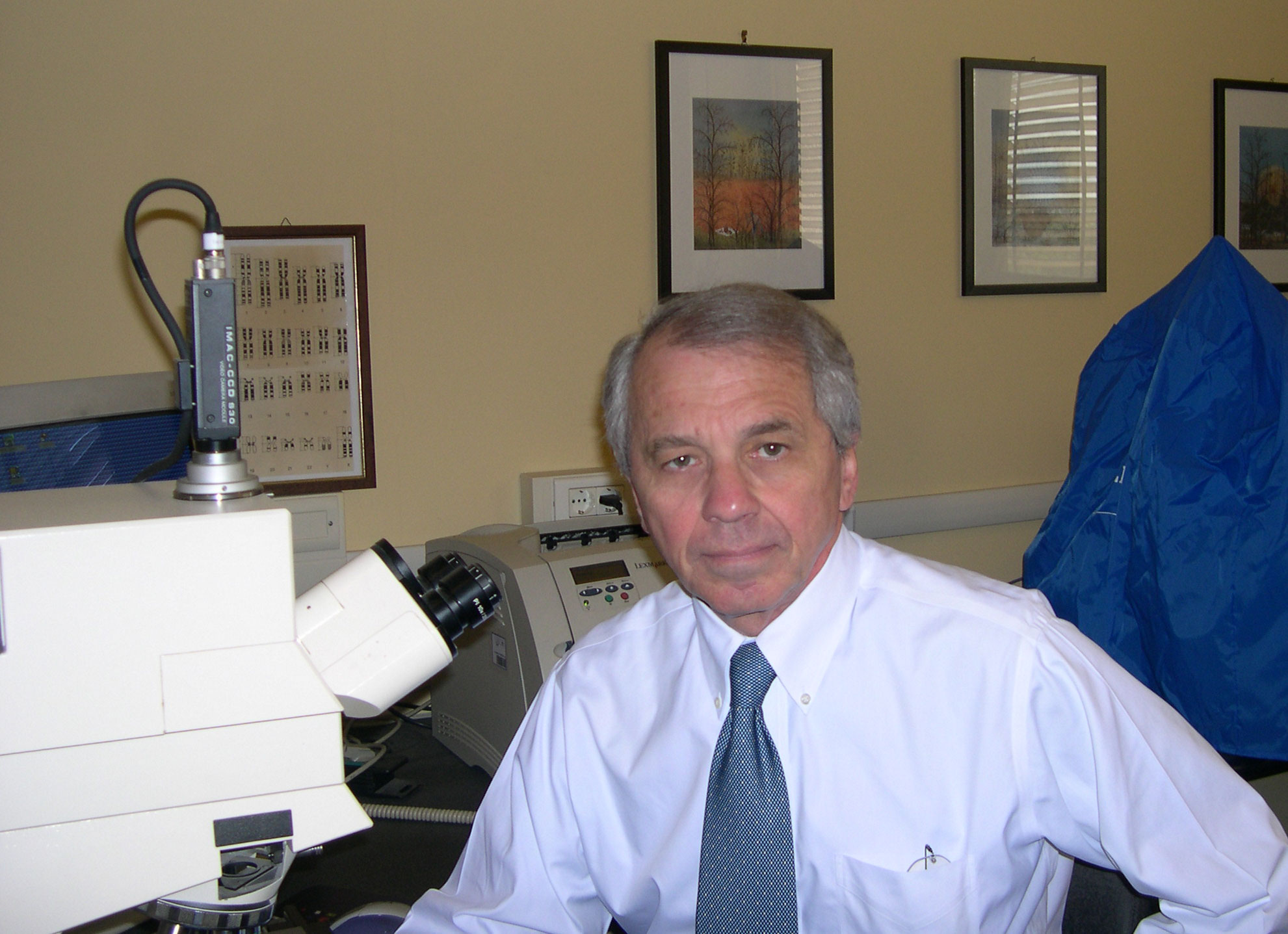In Vitro Reactivation of the Fragile X Gene

Giovanni Neri, PhD
Principal Investigator
Pietro Chiurazzi, MD, PhD
FRAXA Fellow
Universita Cattolica del S. Cuore
Rome, Italy
2008-2009 Grant Funding: $60,000
Summary
Dr. Giovanni Neri and his team at Universita Cattolica del S. Cuore explored reactivation of the FMR1 gene and characterization of cell lines with unmethylated full mutation.
The Science
by Giovanni Neri and Pietro Chiurazzi, 6/1/2008
Our project is aimed at achieving in vitro reactivation of the inactive FMR1 gene in non-dividing neurons obtained from Fragile X neural progenitor cells (NPC). We hypothesize that silencing of the fully mutated FMR1 gene is a dynamic process, requiring continuous maintenance in somatic cells. If this is the case, interference with the activity of the enzymes involved in the epigenetic inactivation of full mutations may allow FMR1 reactivation in postmitotic neurons like in an adult brain. We will employ both pharmacological and siRNA treatments in order to modulate the activity of DNA methyltransferases as well as histone (de)acetylases and (de)methylases.
Furthermore, we have recently established cell lines from two rare males with normal cognition and completely unmethylated full mutations (UMF). We plan to characterize these cell lines, comparing their epigenetic and transcriptional status to that of “classical” methylated full mutations (MFM) and normal controls. Differences between UMF and MFM cells may hint at other relevant molecules that could be targeted pharmacologically in Fragile X neural cells with the goal of reactivating the inactive MFMs of patients and restoring sufficient levels of FMRP protein.

